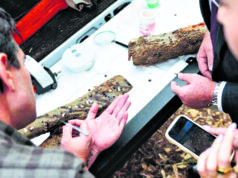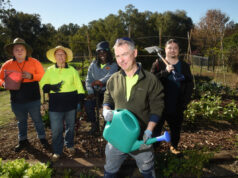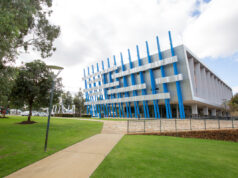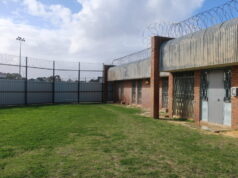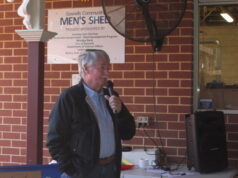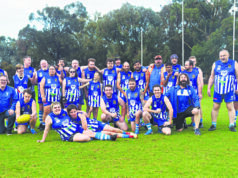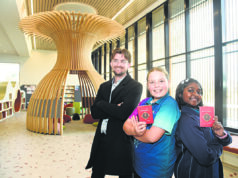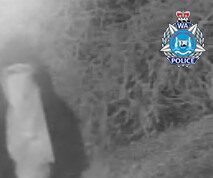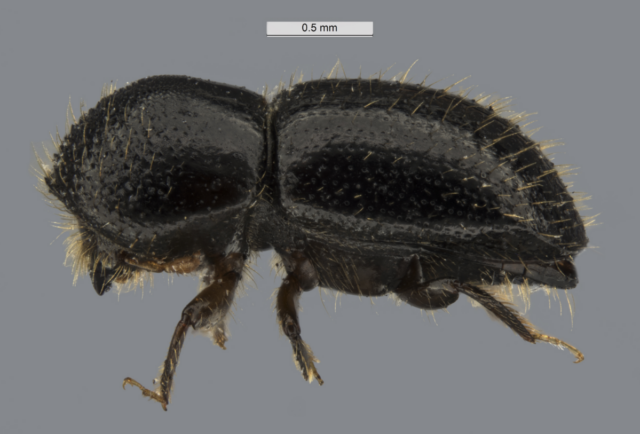
An invasive and destructive beetle could have devastating impacts on local orchards if its spread is not stemmed.
The Department of Primary Industries and Regional Development (DPIRD) is calling on communities across Perth to help stop the spread of the Polyphagous shot-hole borer (PSHB).
DPIRD has said the establishment of this pest throughout WA would have significant impact on amenity trees, native vegetation, and the fruit and nut tree industries.
PSHB was first detected in August 2021 and has now been confirmed in more than 80 suburbs across the metropolitan area in backyards, street verges, public open spaces, parks and reserves.
PSHB is a beetle native to Southeast Asia.
The beetle attacks a wide range of plants by tunnelling into trunks, stems and branches.
PSHB has a symbiotic relationship with a Fusarium fungus, farming it inside the tree as a food source for the beetle and its larvae. In susceptible trees, the fungus kills vascular tissue causing Fusarium dieback and tree death.
A quarantine area has been put in place for most of the metropolitan area. In march last year, the Cities of Canning and Gosnells were added to the list of quarantined areas.
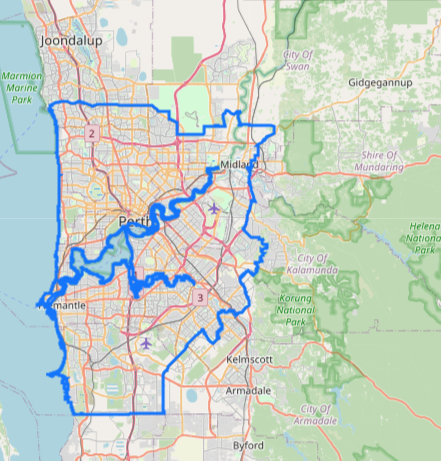
The City of Armadale and the Shire of Serpentine Jarrahdale are currently just outside the boundaries of the quarantine zone.
To date, more than one million trees have been inspected on over 59,000 properties, making it the biggest surveillance program ever undertaken by DPIRD.
One of the impacted sites is Kings Park and DPIRD is currently working with Botanic Gardens and Parks Authority (BGPA) on the removal of PSHB-infested Moreton Bay and Port Jackson fig trees from Mounts Bay Gardens, scheduled for early 2024.
The removal of these infested trees is vital to protect trees in the Western Australian Botanic Garden and the many rare and endangered flora in its collection.
DPIRD’s Sonya Broughton said the department was doing everything it could to stop the spread of PSHB as part of a national biosecurity response.
“We are working closely with residents, businesses, Traditional Owners, local and state government agencies and other community organisations to protect our healthy trees from this pest,” Dr Broughton said.
“PSHB can severely damage host trees once it takes hold with some species dying within two years of infestation.
“With no known treatments available, pruning and removing infested trees is currently the only way to prevent this serious pest from spreading to our other trees and putting the urban canopy at risk.”
Detection of PSHB is difficult as they are very small – about the size of a sesame seed. However, there are a number of symptoms that indicate a tree may be infested: beetle entry holes, discolouration or staining of wood, gumming, sugar volcanoes (crystalline foam emerging from entry/exit holes), frass or ‘noodles’ produced by the beetle’s tunnelling, and dieback.
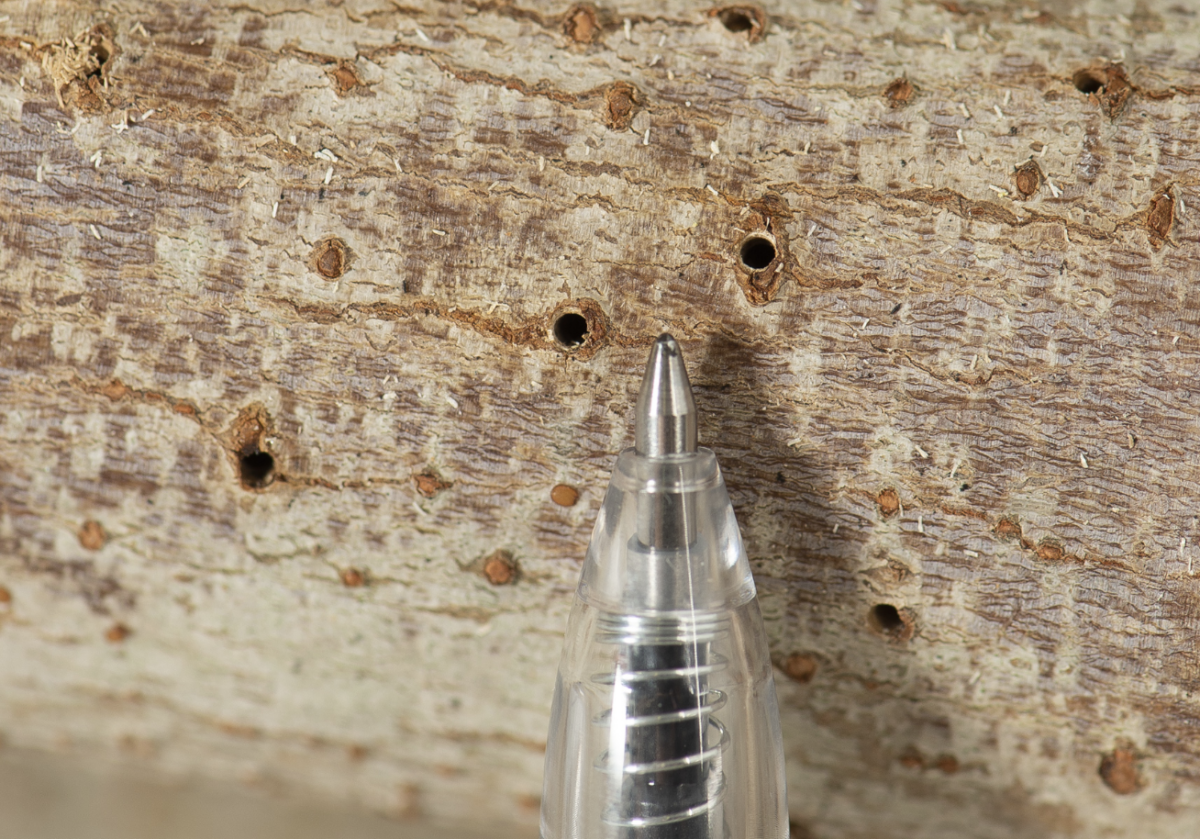
Dr Broughton asked the community to continue checking their trees, particularly box elder maple trees, robinias, coral trees, Moreton bay and Port Jackson figs and London plane trees, and report any suspected beetle activity immediately to DPIRD.
“It’s also important that wood and green waste is not moved outside of the quarantine area to ensure the pest beetle doesn’t spread beyond the metropolitan area,” she said.
PSHB does not move far on its own but can travel long distances when people move firewood.
You can help protect the state’s natural resources, urban trees and truffle, fruit and nut tree industries by doing the following:
- Don’t move firewood long distances including when you go camping – buy it where you burn it.
- Don’t burn wood from host trees, especially if it looks like it has borer damage. PSHB beetles disperse when infested wood is burnt.
- Encourage family and friends not to move firewood.
You can also keep your trees healthy by:
- Using grass clippings or compost as mulch in your garden as wood chips can spread PSHB.
- Providing additional water during summer as PSHB targets stressed tree
- Disinfecting pruning tools. Any tools (including chainsaws and woodchippers) that come into contact with infected wood should be sanitised before using on uninfected trees.
- Avoiding moving prunings or wood products from a known PSHB infestation area.
You can report signs of borer damage (or any unusual pests) via the MyPestGuide® reporter app or the Pest and Disease Information Service on (08) 9368 3080, email padis@dpird.wa.gov.au
For more information visit agric.wa.gov.au/borer


